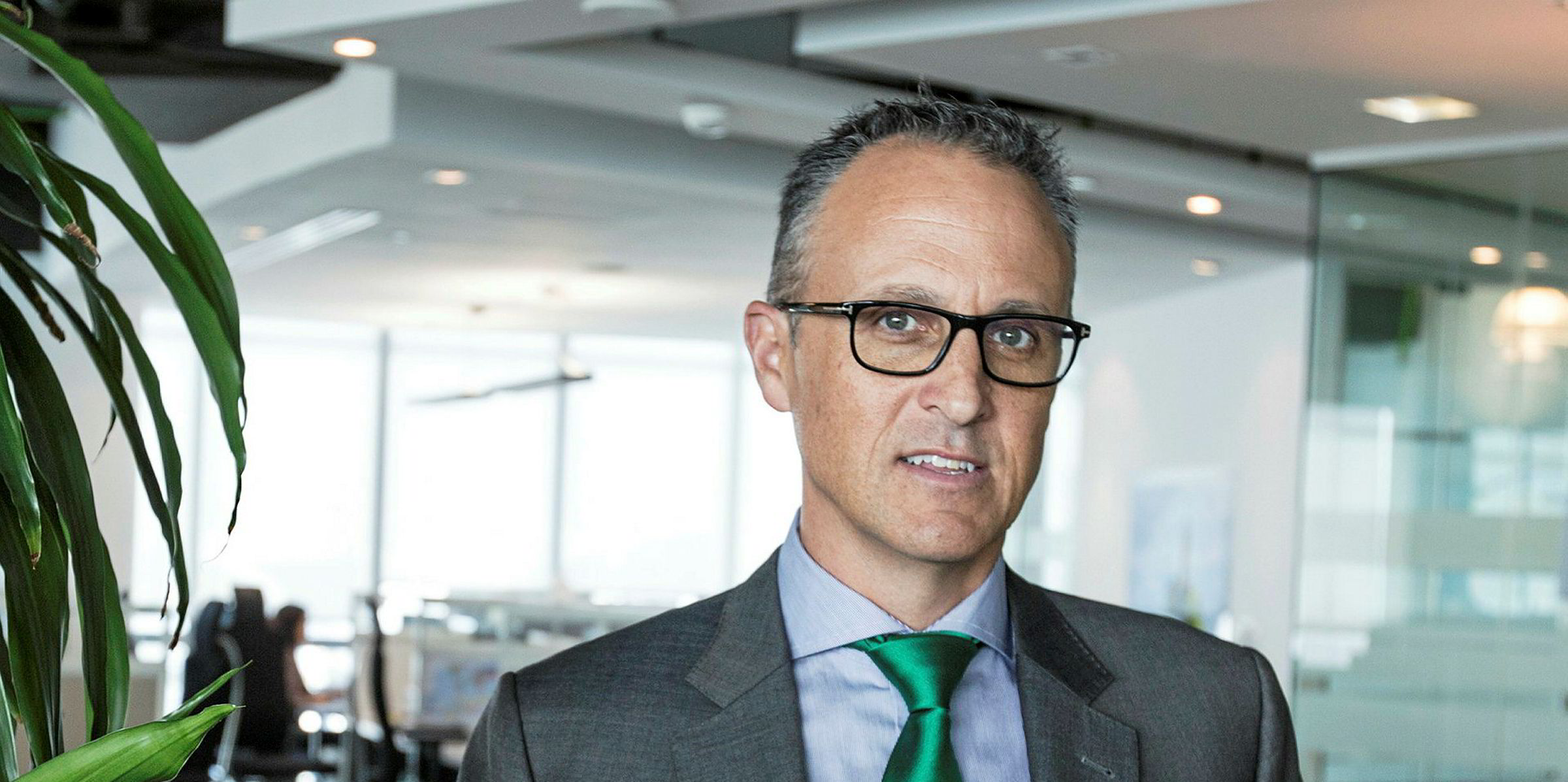Legal action looks likely as Norwegian seismic survey vessel owner PGS tries to push through its $1.2bn debt restructuring deal.
The Oslo-listed company has a majority of lenders on board for its plan to push out payments and maturity by two years, but some lenders are refusing to sign up.
Banks representing 79.6% of its $350m revolving credit facility (RCF) and $522m term loan B facility are in favour of the delay, as well as 100% of those involved in the $300m export credit facilities (ECF).
PGS said it will make another attempt to win over the doubters. But unless it achieves 100% approval, the shipowner will head to the High Court in England for a scheme of arrangement.
However, the company only needs 75% consent to rubber-stamp legal enforcement.
Court action will delay deal
A deal could be implemented in the fourth quarter if all banks agree, but legal action would push this back into the first three months of 2021.
In June, the company said it was laying up three vessels and making 40% of staff redundant as demand for its services shrank.
PGS then started lender talks in July in a bid to preserve liquidity.
At that point, the seismic vessel owner raised the threat of loan defaults if it were not able to push back its repayment profile.
"Together with the cost-saving initiatives previously announced, the transactions will strengthen PGS’ liquidity profile in the currently challenging operating environment," the outfit said.
The scheme envisions a new maturity date of March 2024 for its borrowings.
New schedule
Amortisation payments will be now be $135m in September 2022, $200m in September 2023 and then $9m per quarter from March 2023.
Quarterly amortisation payments totalling $106m due over the next two years under the ECF will also be deferred and repaid over four quarters starting in December 2022.
Lenders will receive fees of $17.5m for the deferrals.
PGS will also issue a three-year 5% convertible bond worth up to NOK 116.2m ($12.4m). If converted at NOK 3 per share, this will equal 10% of the company, with revolver and term loan banks having a preferential right to subscribe.
The shipowner said that, including the vessel capacity reductions implemented in the first half of the year, the cash cost per year has been reduced from $600m to below $400m.
Cash balance to get a boost
"No debt maturities and no scheduled debt amortisation until September 2022, together with our substantial cost reductions, will improve our liquidity profile significantly and enable us to manoeuvre through these challenging times," PGS chief executive Rune Olav Pedersen said.
The boss said all the company's ships are now preparing for their next jobs, but there will be some standby time.
"However, we expect higher revenues from vessel operations going forward," he added.
The net loss in the third quarter was $32.6m, down from a profit of $31.5m in the same period of 2019.
Revenue plunged to $85.1m, compared to $276.5 a year ago, as the Covid-19 pandemic slashed demand.
PGS said it will take time for seismic demand to return to pre-outbreak levels.
"However, combining the effects of potential pent-up demand, a more stable oil price through [the] second half of 2020 and an expectation of higher oil prices in 2021, PGS believes in increasing activity levels through 2021," the company said.






